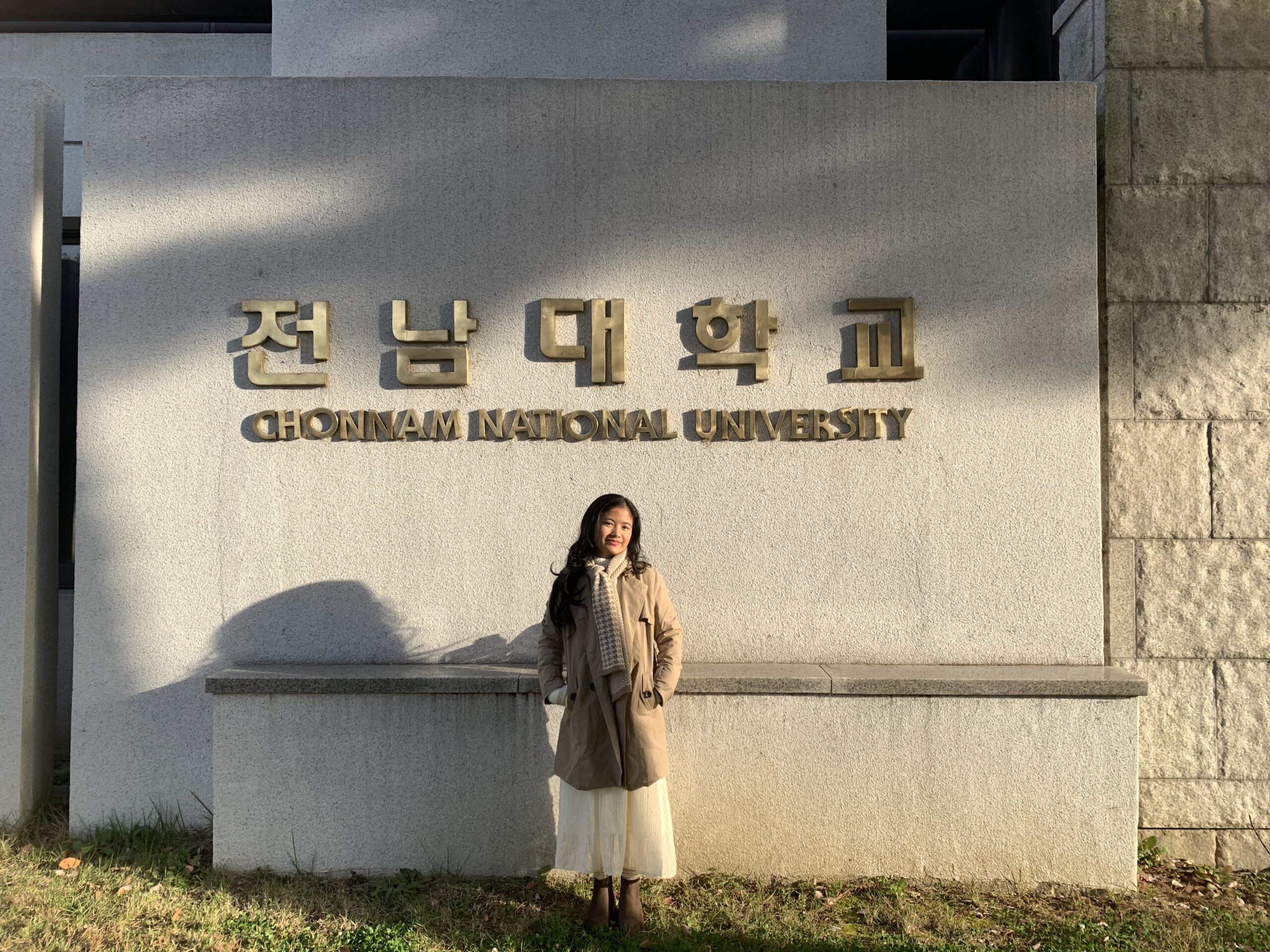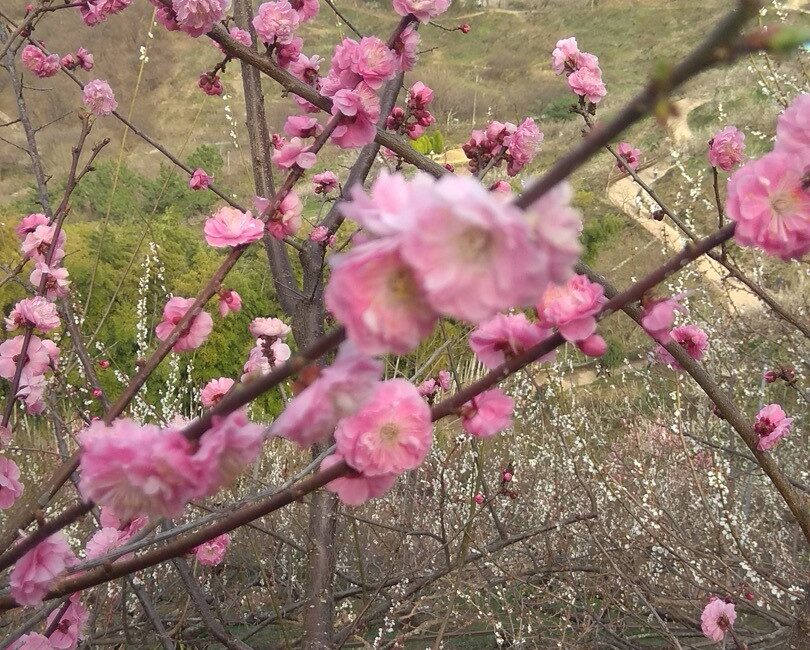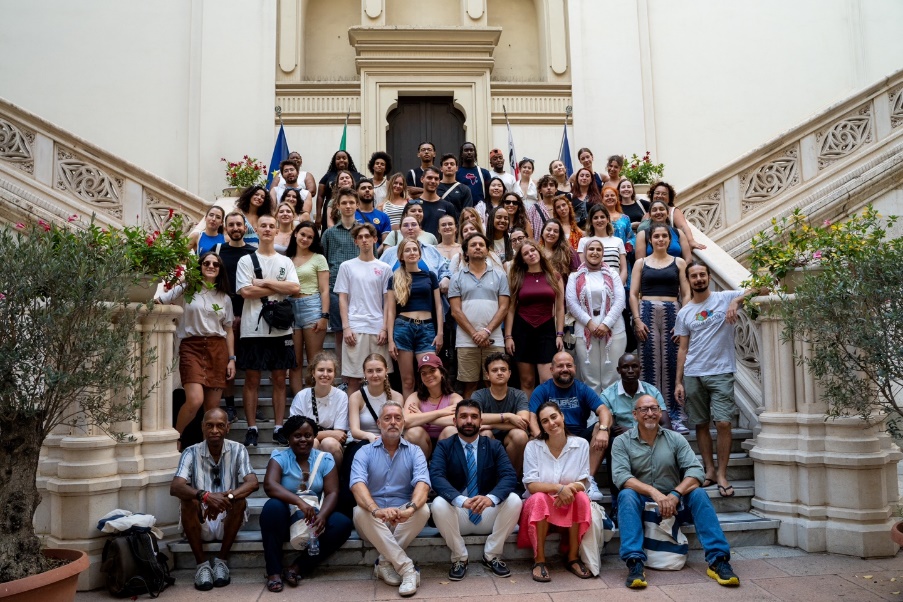The Joy of Gardening – January 2025
By Park Nahm-Sheik
A labor of love, gardening can offer us bundles of joy. It doesn’t matter what we choose to grow in the garden. A flower garden can garnish the surroundings with whole bunches of beautiful things. A plain kitchen garden can also be a treasure trove of gastronomic pleasure for an entire household, not just the gardener. A kitchen garden is normally given over to fresh produce for the family table. Organic produce from the garden sure is a health-friendly resource for the family. As such, a kitchen garden is a package of energy and a reliable guardian of overall household wellness. A kitchen garden is thus a convenient source of healthy food for the family.
What stands out here is that the greens in question come to the table straight from the garden right outside of where family meals are routinely served. Given that their toil and moil help plants grow well, the gardener is the custodian of our physical environment. What is particularly intriguing here is that the benefits afforded by gardening are entirely renewable. It is like drinking from a well that never runs dry. It is a tribute to the four ingredients involved: the soil, the sun, the (rain) water, and the compost fertilizer. Sourced entirely from nature, they are free of charge as well as contamination.
Kitchen gardens evidently point the way to the most sensible and low-maintenance path to self- sufficiency in organic homegrown fresh produce. An added advantage of kitchen gardening of this kind is that it neatly steers clear of the revenge of agricultural chemicals like insecticides. This is arguably the most commendable upside of organic kitchen gardening.
Shall we now briefly attend to the prohibitive price we end up paying because of all the inorganically produced food we unthinkingly consume day after day. When all the harm such food can do is factored in, the price tag is mind-boggling indeed. There is no reason why we should be so dumb as to keep turning a blind eye to this sort of dietary abandon bogging us down in such terrible swamps of baloney.
“The gardener is the custodian of our physical environment.“
“Gardening affords us the opportunity to live in harmony with nature.“
Kitchen gardening of the kind being advocated here can do its fair share in keeping toxic agricultural chemicals from wreaking havoc on the environment. For one thing, bee colonies can be spared insecticides’ lethal assault. Should every household decide to jump on the kitchen-
garden bandwagon, that would amount to a milestone in our campaign to keep agricultural chemicals from marring the entire range of our farming culture and our food supply chain.
To boot, gardening affords us the opportunity to live in harmony with nature. It enables us to stay in tune with the rhythm of the cosmos. Gardeners thus care for nature and for themselves all at once. The result is that there is a beautiful quid pro quo between gardening and nature. Along with maintaining an optimistic outlook on life, staying in constant touch with nature, according to most well-informed research, is the royal road to a lasting fountain of youth for all well into ripe old age. Underlying this philosophy of gardening is the live-and-let-live principle that many of us abide by while navigating our planetary sojourn.
I am not that great of a gardener, but I enjoy gardening so much that I often call it my number- one hobby. The first thing I do when I wake up in the morning is, in fact, go out the door and greet my little garden just a few steps from where I sleep. I get a whole bunch of fun and pleasure plus tons of replenished energy, just taking in the sight of the patch and breathing in the fresh morning air. That’s what makes gardening matter so much to me. The very best of things on earth may indeed come in the littlest of patches adjoining our ever- so-humble abodes. Would it be too much to say that this little garden of ours is kind of like the Garden of Eden?
The Author
Park Nahm-Sheik is a native of Gwangju. After graduating from Chonnam National University, he went on to receive a master’s degree at the University of Hawaii and a PhD (applied linguistics) at Georgetown University, both in the U.S. Upon completing an illustrious career at Seoul National University, Prof. Park served as president of the International Graduate School of English.






